Label statues, ‘dodgy’ books and TV shows, don’t topple them
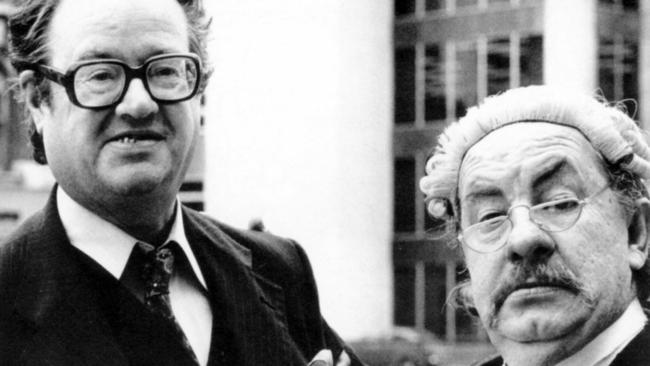
It seems that the kindly keepers of the BBC Sounds site have been checking out their larder shelves with a worried sniff, peering into the clouded aspic of long-loved shows, digging out impurities. The alarm was raised by a vigilant listener who spotted changes: the removal of the adjective in Old Steptoe’s remark about a “poofy Victorian poet”, and the suppression of numerous unacceptable gags, some involving cannibals, from vintage editions of I’m Sorry, I’ll Read That Again.
I am glad the anonymous listener blew this modest whistle, though as outrages go it falls short of taking a hammer to Eric Gill’s Prospero and Ariel. It just feels sneaky, chipping warts off proud old red-nosed radio and hoping nobody notices. Everyone knows some expressions have become taboo for the sake of civility, tact and justice. We are used to TV channels putting up sententious warnings explaining how repeats from the olden days (often a mere 30 years ago) contain “discriminatory language which some viewers may find offensive”.
I especially enjoy the way Talking Pictures TV regularly warns us about Rumpole of the Bailey by the late John Mortimer, a barrister who defended Oz, Gay News and the Sex Pistols. The old liberal will be cringing in his tomb at the idea that his show needs a scrub.
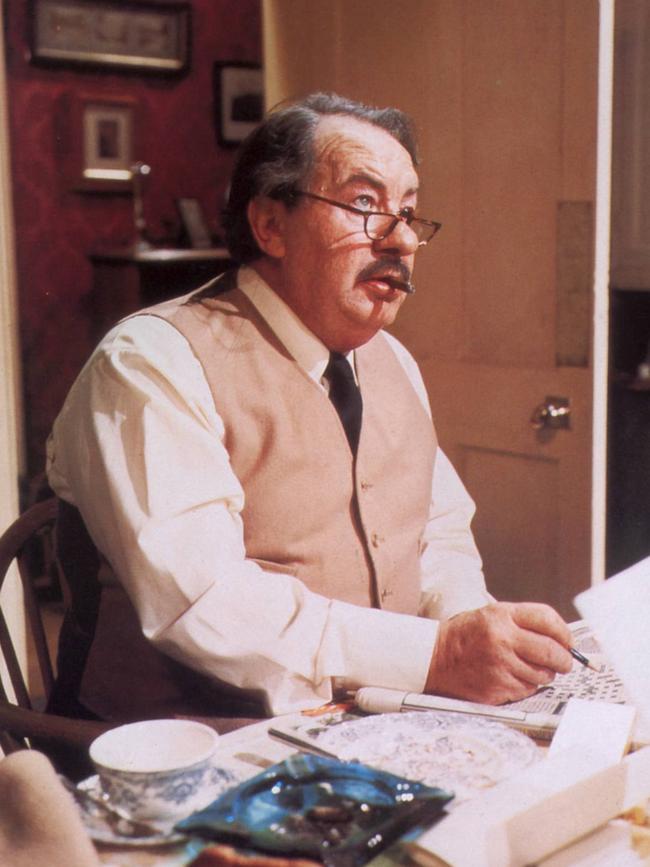
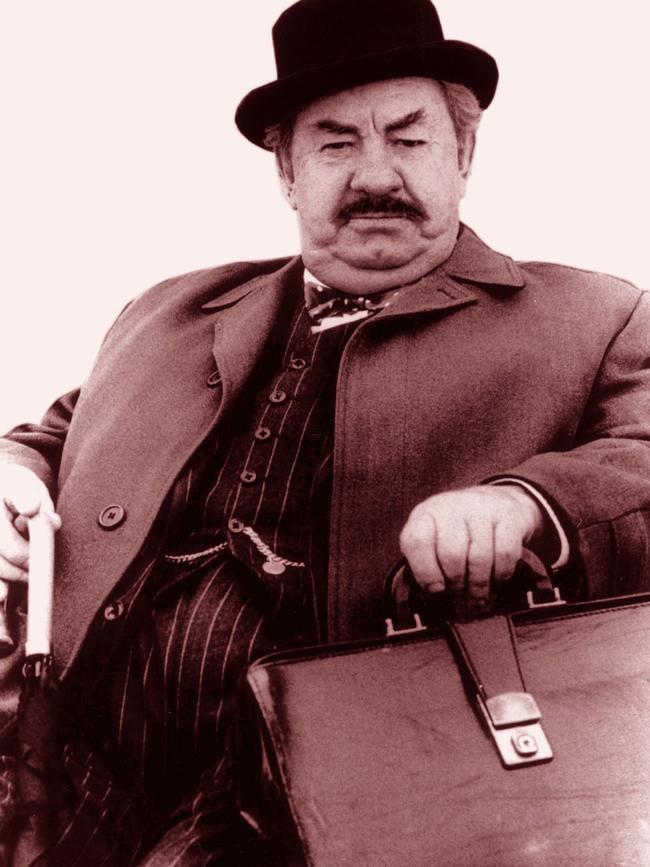
We accept such warnings, just as we tolerate the patronising offers of counselling at the end of soap operas. We can face being deprived of any edition of Top of the Pops with Jimmy Savile in it, or Rolf Harris doing Two Little Boys. But the concern here is that old radio is just too easy to cut, unnoticed by new listeners. It is closer to books, which can be reissued with any dated nastiness taken out (as Hachette attempted with the Famous Five).
I don’t like it: I prefer censors to stay right out there where I can see them, and mock them as they push over statues, cancel children’s authors and clutch their pearls over the risk of “triggering” law students with mentions of rape. Do your censoring publicly and we can protest: don’t sneakily clip outdated ruderies from Round the Horne.
My personal affront is because the BBC Sounds archive – worth twice the licence fee – sustained me through weeks of hospital and every lockdown walk. Sometimes it was recent stuff: Mark Steel’s In Town fuels love of country better than any anthem. But often it was older comedy, and drama whiskery enough to have the credits read by dear Peter Donaldson. Was there ever a finer Poirot than John Moffatt, or a dramatisation more engrossing than CP Snow’s Corridors of Power? As for the red-nose variety there is proper joy in sharing a snort of laughter with your grandparents’ generation. Even if Julian and Sandy are – well, unacceptably “othering”.
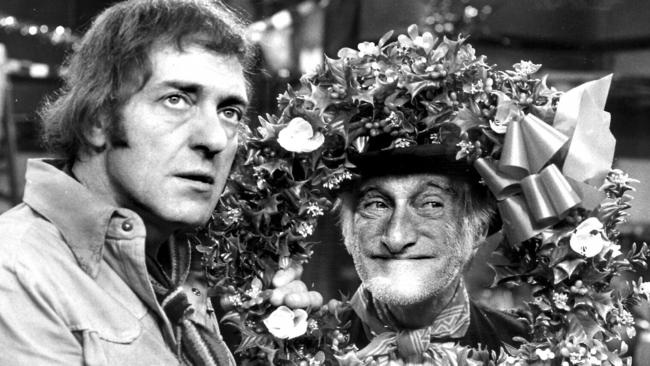
So censors, leave the radio treasures alone and stay in clear view when you clip at any medium. It is important to be reminded, even when we don’t laugh, that sensitivities have changed with wider social inclusion, and will keep changing because we’re not perfect either. It helps us to wonder which now-acceptable expressions might one day seem loathsome (BAME, for instance, is fading now because it was always crudely insulting to lump groups together).
Reading interwar novels I collect examples of casual antisemitism: now that we know where it led, we need to remember that many civilised Europeans genuinely found that attitude OK. Of 1930s detective writers only Dorothy L Sayers doesn’t commit it.
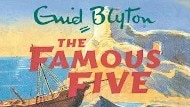
Many light-literary treasures gleefully seep racism: a colleague reading Brighton Rock to his son the other day had suddenly to swerve a line about a black man, and as for my mischievous attempts to offer our books editor a “reread” on Waugh’s Black Mischief, they are, probably rightly, met with a fit of the vapours. As for songs, Terence Blacker’s excellent cabaret show Taboo be Do aired sexist and otherwise dodgy lyrics from Cole Porter, Noel Coward, Carole King and folk song. Audiences gasped. And then thought about it all. Which is good.
We must not edit the cultural past but accept that attitudes progress and therefore might regress. As a child for a year in South Africa I saw the wicked lunacy of apartheid and we were blanked by neighbours when I swam in the pool with the maid’s teenage children. But I also read Rider Haggard and John Buchan.
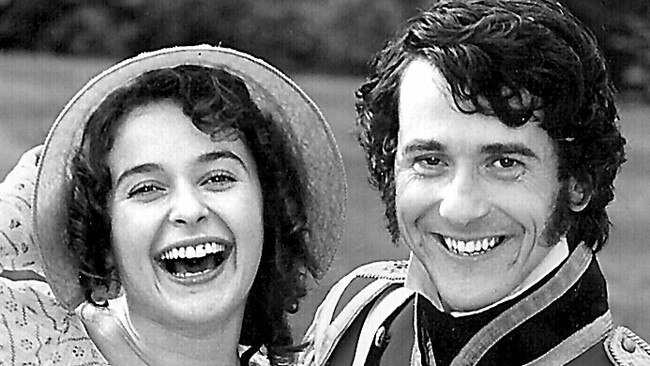
You can move back in time, too, and fascinatedly observe civilised and virtuous authors trapped in their age’s groupthink. Jane Austen not only gives tacit approval to Sir Thomas Bertram’s slave plantations in Mansfield Park but mocks the “large fat sighings” of a bereaved mother in Persuasion and slut-shames Lydia Bennet just for, well, expressing her free sexuality with Mr Wickham. Yet we don’t – yet – have bookshops with a shelf for classics checked by “sensitivity readers” (you could call it “Waterstone’s Watered-Down").
There’s a useful balance between shaking our heads at past values and ridiculing those who try to adjust them retrospectively (an anxious Radio 3 presenter on Saturday kept fretting about the portrayal of disability in Rigoletto, never mind all the murdering). Let ancient incorrectnesses be read, seen and heard, all the way from the slightly sinister to the daftest jokes. As with statues, we should label rather than topple.
The Times

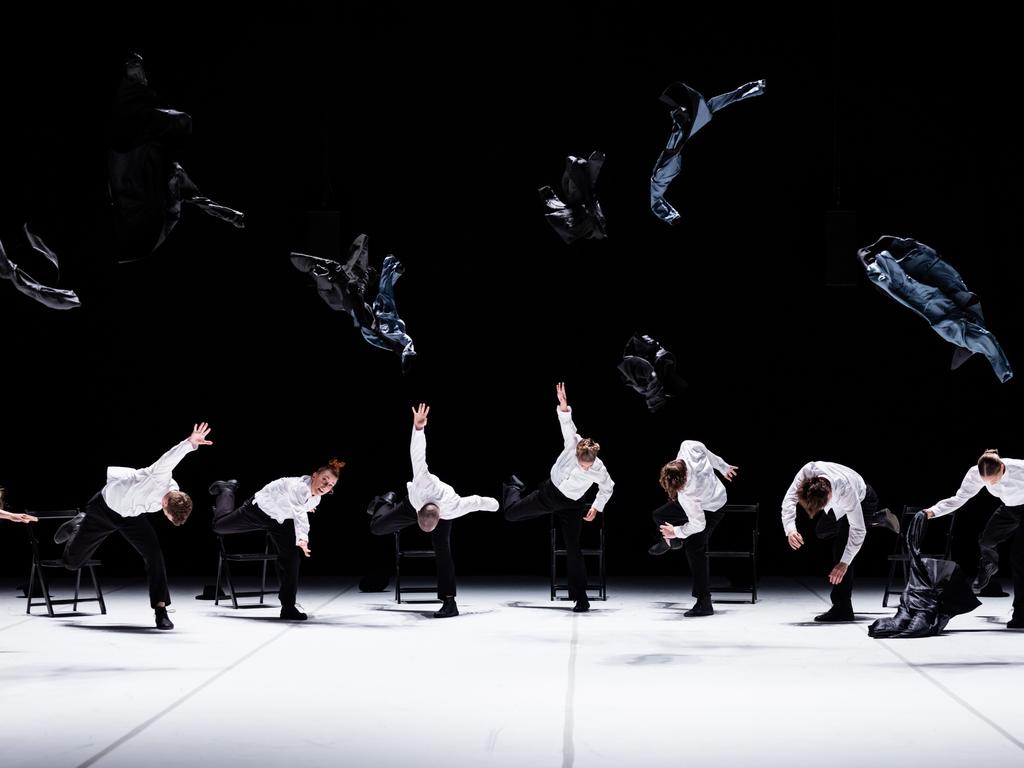
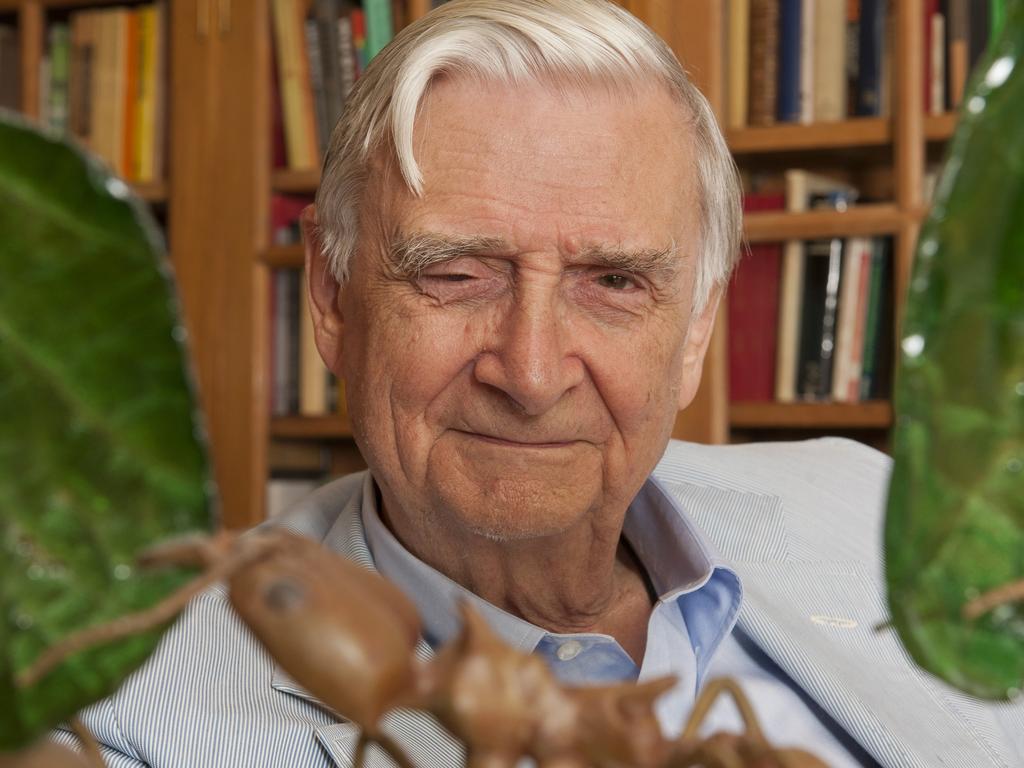




FIRST they took the pruning-knife to Albert Steptoe, rebuked Ronnie Barker, did a phraseotomy on Corporal Jones and muted moments from Much-Binding-in-the-Marsh. Where will this massacre end, cry fans of vintage radio comedy.